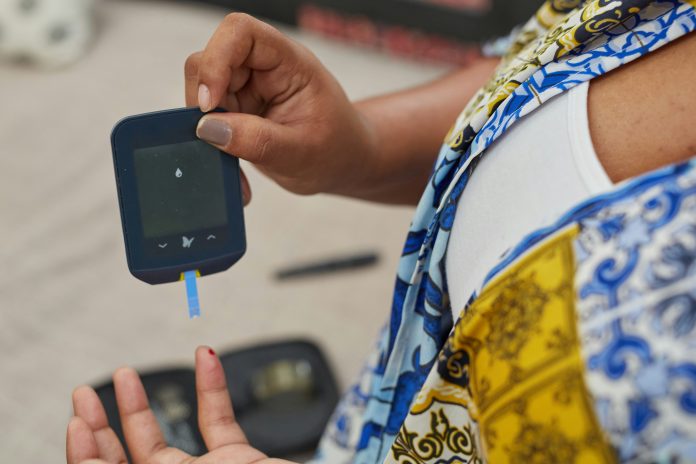The National Health Department has expressed alarm over a significant rise in deaths caused by non-communicable diseases (NCDs), with diabetes emerging as a particular point of concern.
Deputy Health Minister, Dr Joe Phaahla, highlighted that diabetes was the second leading cause of death in 2020, accounting for 6.6% of all fatalities. The increase in diagnoses, especially among women, has led the department to label this as an “emerging pandemic”.
“When looking at gender-specific causes of death, diabetes mellitus is the leading underlying cause of female deaths at 8.2% which increased from 7.7% in 2018.”
During a roundtable discussion on the Healthy Life Trajectories Initiative in Pretoria on Monday, Phaahla noted that NCDs not only have an impact on an individual’s life expectancy but also leads to economic burdens. He says it puts strain on individuals and the healthcare system.
“We must recognise the gravity of this burden which is deeply interconnected with factors such as unhealthy diets, physical inactivity, alcohol abuse, smoking and social and commercial determinants of health.”
ALSO READ: Health budget cuts: Residents urged to avoid unnecessary hospital visits
To combat this continued rise, Phaahla says the health department is focusing on prevention and early detection of NCDs. Campaigns promoting healthier lifestyles have been launched, and community-based screening initiatives have been rolled out.
“Our focus is not limited to the detection of diseases but also includes education on risk factors and lifestyle modifications that can prevent the progression of these conditions.”
One of these campaigns includes the department’s recent partnership with Parkrun South Africa to encourage physical activity through walking, jogging, and running events. Phaahla says that strengthening primary healthcare services is also crucial, with efforts to enhance the management and monitoring of chronic conditions.
Additionally, the department has implemented regulatory measures to curb the impact of lifestyle diseases. These include a tax on sugar-sweetened beverages, restrictions on trans-fats in foodstuffs, and regulations to lower sodium intake.
“Excessive salt intake is associated with hypertension, which is the second leading cause of death in South Africa and a major risk factor for cardiovascular diseases.”


